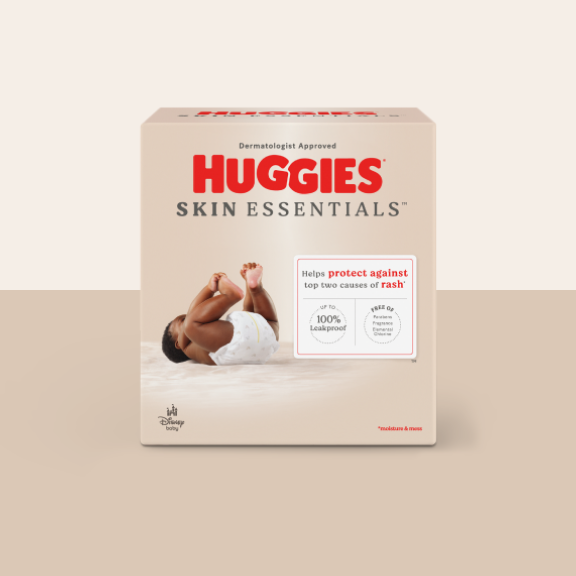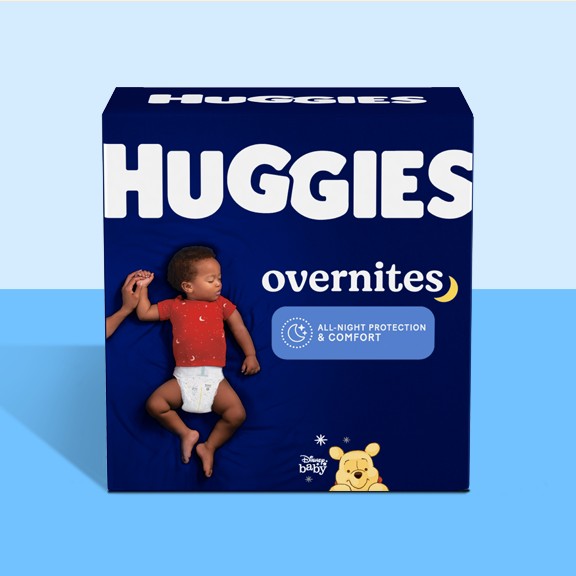Toddler Care
Toddler Care: Your 21 Month Old Toddler

Try to be realistic with your expectations. Anyone with any experience of toddlers knows that they are chaotic. Aim to spend time with other parents who have children the same age and rotate houses for play dates. Better still, relocate to a park or someone’s backyard. If it’s summer, incorporate some water play—it will keep a group of toddlers entertained for hours. It’s still too early yet to expect them to play with each other; it’s all about number one when you’re this old.
Keep up your daily routine with your toddler. They’ll thrive on it, and you’ll get through the day with fewer dramas. If you have a new baby, expect some changes in your toddler’s behavior as they learn to adapt to being an older sibling. You will need to share your teaching role as your 21-month-old learns valuable lessons from the new sibling. The values of waiting, being patient, and having to share parental attention, are all vital life lessons. In the process of learning all this, though, expect some toddler adjustments which often result in emotional meltdowns.
Growth and development at 21 months old
Your toddler will be able to run now and build up speed, particularly if they want something immediately. They’ll also be able to bend over and stand back up without any loss of balance. Climbing will also be a temptation, so don’t leave anything out that could create a dangerous fall, like a ladder. You’ll still need to take their stroller when you go out unless you’re prepared to carry them when their legs get tired. Although it can seem like they’ve got never ending reserves, their legs will tire out and they will need a rest. Get into the habit of taking your toddler outside with you. Check your fences to ensure they are secure, and they can’t escape. Talk to them about what you are doing and involve them in helping you. Pulling weeds, picking flowers, and watering the garden are all jobs that can be shared. Doing this will help will build your toddler’s self-esteem and relationship with you. Although your toddler is fascinated by their world and wants the freedom to explore it, they also need boundaries and a soft place to fall when they trip. There’s a fine line between giving them enough space to learn and tumble, but not so much to compromise their safety. Consistent hugs, support, boundaries, and rules help toddlers feel loved and secure, and keeps them safe. Watch your child begin to show some interest in dressing themself or stripping off their clothes when they get the urge. They may be able to point to some body parts and make an attempt at naming them. When playing with blocks, their towers will be getting taller and they’ll delight in whacking them to the ground. They could even identify objects in a picture book and try to name them. Easily recognized items such as a ball, the dog, a table, or bed may all prompt an attempt to say what they are.Play and interaction at 21 months old
Discover your passion for recycling this month. Egg cartons, toilet paper holders, cereal boxes, and tissue boxes can all be used for imaginative play. If you have a large appliance delivered, don’t be in a hurry to toss out the box. This can be turned into the most wonderful playhouse and will keep your toddler entertained for hours. Give them some paints and crayons and encourage them to decorate it. Praise your toddler’s artistic endeavors—they’ll think they’re wonderful, too! Give them some cushions to sit on and climb in there yourself and play. Boost your toddler’s imagination and creativity as they incorporate home life into their play.What you can expect at 21 months old
If you have older or younger children, your toddler won’t be too far from them. Keeping them separated will be impossible and there are bound to be minor protests over toys and wanting to play with the same things. Don’t be too quick to settle their arguments and give your children the opportunity to find a resolution themselves. Over time, siblings build skills in negotiation and work out reasonably fair arrangements which keep both of them happy. Of course, if they are about to get hurt then you’ll need to step in and help them negotiate. Expect things to go missing this month. Your little Houdini will be hiding things and have their private stash of treasures planted throughout the house. The reason why toddlers do this is unclear. Perhaps because it’s left over from their hunter and gatherer descent or just a need to keep things from an older sibling’s hands. But the reality is that you’re likely to find all kinds of things shoved behind pillows, in cardboard boxes, and even down the toilet. Keep precious things up high where they can’t touch them. Out of sight really is out of mind for a 21-month-old.Food and nutrition at 21 months old
Did you find your toddler on the floor with a loaf of bread and peanut butter? Try to see the funny side of these incidents. At 21 months, your toddler will have no concept of the right way to do things, but they will try, especially if they’re observant. Give them jobs to help you with meal preparation and let them see what’s involved. Banishing them from the kitchen may make it easier than having them underfoot, but when time allows, sit them up on the counter with you. If your toddler is a reluctant eater, they might be more willing to snack if they’re involved with getting a meal ready. Try to be imaginative with what you serve them and think about varying their diet. Toddlers can develop a preference for all sorts of foods and flavors, separate from what their parents like. Make a point of buying a new, unfamiliar fruit or vegetable each time you go shopping. Remember, even if your toddler isn’t interested in tasting it at first, keep trying and let them see you eating it as well.Keeping your toddler healthy at 21 months old
Aim for a simple family life supported by good food, plenty of sleep, and rest balanced with periods of absolute excitement. Every so often, break the rules and change what your family is doing. Being impulsive can be immensely rewarding. If you feel you’re stuck in a rut, change your plans for that day. Although toddlers love routines, they are also amazingly adaptable and can only benefit from having parents who enjoy their own lives. Keeping your toddler healthy doesn’t just concern their physical health but their minds as well. Let them see you showing emotion and how you deal with things. Through you, they will learn what it means to be a grown-up and how to deal with everyday life. As much as you want to insulate them, you also need to show your toddler a range of feelings. Let them see you cry, laugh, or even show them you are sad when you feel a bit down. Don’t be surprised if they stare in amazement if they haven’t seen this side of you yet. Their responses can be just as entertaining as anything else.General tips
- Enroll your toddler in swimming lessons, especially if you have a swimming pool. Check your pool fence and make sure it is in good repair and the gate has a self-latching mechanism.
- Encourage your 21-month-old to be your little helper and involve them in household activities. They’ll love to feel useful, especially if you make a fuss over their efforts. Let them check the mailbox, help you find your shoes, and change the pet’s water. There’s no need to keep them separate from normal household activities anymore.
- If you have not already, make an appointment to have your toddler’s teeth checked. Prepare by talking about the dentist and role-play a dentist looking in the mouth of a teddy bear or dolls. Make sure to talk about the visit with positive words.
- Take your toddler to your dentist when you go and show them what’s involved in lying back in the chair and opening your mouth.
The information of this article has been reviewed by nursing experts of the
Association of Women’s Health, Obstetric, & Neonatal Nurses (AWHONN). The content should not substitute medical advice from your personal healthcare provider. Please consult your healthcare provider for recommendations/diagnosis or treatment. For more advice from AWHONN nurses, visit Healthy Mom&Baby at
health4mom.org.













